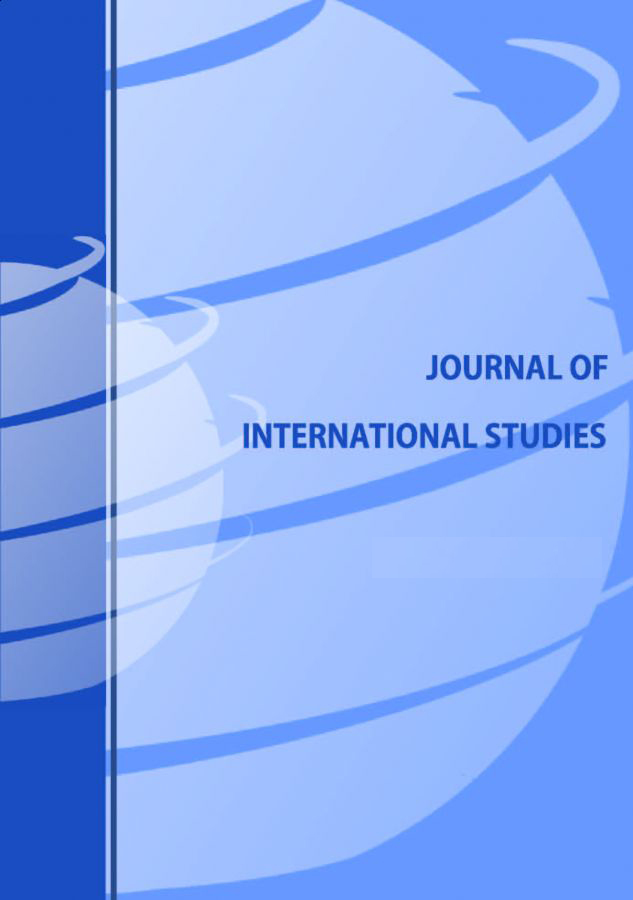HIGHER EDUCATION AS A FACTOR OF SOCIO-ECONOMIC PERFORMANCE AND DEVELOPMENT
HIGHER EDUCATION AS A FACTOR OF SOCIO-ECONOMIC PERFORMANCE AND DEVELOPMENT
Author(s): Vyacheslav Volchik, Anna Oganesyan, Tadeusz OlejarzSubject(s): Economy, Education, Higher Education , Economic development, Globalization, Socio-Economic Research
Published by: Fundacja Centrum Badań Socjologicznych
Keywords: higher education; universities; economic performance; labour market; regional development; structural reforms;
Summary/Abstract: In the context of globalized markets and localized R&D structures, tertiary (also called higher or university) education becomes one of the main factors facilitating economic performance. In the face of globalization and digitalization, substantial institutional changes, reforms and merges of universities represent a challenge for the higher education in the 21st century. These changes go hand in hand with economic development and global economic growth as far as higher education significantly impacts economic performance of regions and countries. European Union (EU) also faces these challenges and therefore has to promote higher education policies and invest into tertiary education in order to increase the level of human capital of its citizens with the purpose of achieving competitiveness on the global markets and higher economic growth. Our paper focuses on the reforms in higher education that are currently taking place worldwide and employ best practices occurring in universities throughout the world. In particular, we show that higher education has a positive impact on the economic performance as well as on the individual social and economic performance. We employ an empirical model that demonstrates the tertiary education has a significantly positive economic outcome for local citizens, EU citizens and third-country nationals on the example of the Federal Republic of Germany, EU largest economy and a major hub for higher education. Moreover, we compare the situation of immigrants from the EU and non-EU countries and their level of returns to higher education. Overall, it appears that current system of higher education requires deeper institutional reforms that would both reflect opening up of the EU to migrants from various non-EU countries with implication for its labour market, and recent trends in higher education. Our results might prove to be resourceful for researchers, academics, educators, policy-makers as well as for the stakeholders in higher education.
Journal: Journal of International Studies
- Issue Year: 11/2018
- Issue No: 4
- Page Range: 326-340
- Page Count: 15
- Language: English

